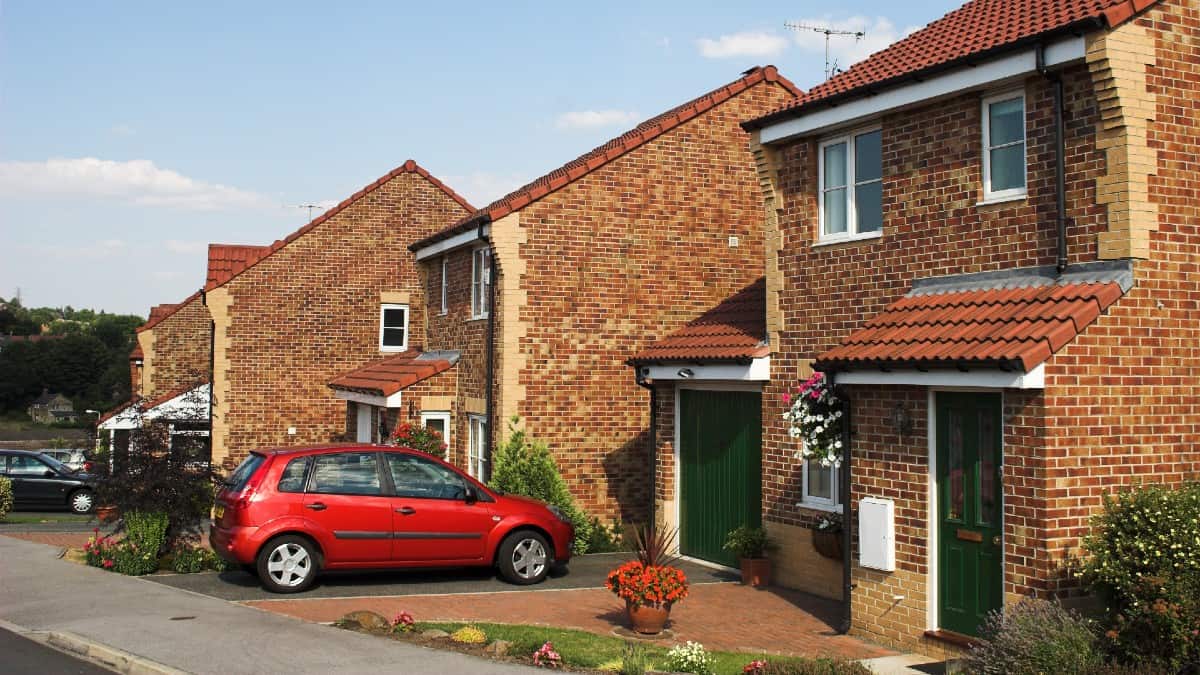As soon as you are mortgage free, the first thing to do is celebrate. Next, you should check what to do with the house deeds now that your mortgage is paid off. Let’s take a look at how to access paperwork for the house you now own outright.
[top_pitch]
Have a mortgage? What are house deeds?
The deeds of a property are all of the documents that relate to its ownership: boundary, conveyancing, sale or inheritance. HM Land Registry began keeping records of land ownership in 1861. The records held by the Land Registry are now digital, and they don’t need to be stored in physical form by the owner.
Copies of original title deeds can be a valuable reference in case of disputes over rights of way or boundaries. Flood risk information is also held on the deeds, which would affect home insurance.
Almost all properties are now on the Land Registry database. This has been a legal requirement for transfer of ownership for more than 30 years. You can contact the Land Registry at any time to obtain a copy of the deeds to any house, whether you own it or not.
What do I do with house deeds once my mortgage is paid off?
The deeds may be held by the lender during the term of the mortgage, or by your solicitor. The mortgage company will have registered a charge on the property with the Land Registry. Mortgage-free homeowners may want to double-check the charge is removed from the register. Contact the Land Registry to inform them that you have paid off the mortgage.
Original paper deeds were scanned into the Land Registry database, then returned. It may be difficult to track down paper documents for houses that have changed hands multiple times. If you can trace the history of your home easily, original title deeds may be found with a solicitor. There is no obligation for a seller to hand them over.
[middle_pitch]
My interest-only mortgage is paid off. What do I do with house deeds?
With an interest-only mortgage, the original amount borrowed is still owed to the lender. Therefore, there is still a charge on the property, and this will remain on record on the deeds.
When mortgage payments end, a copy of the deeds with the owner’s name will be of sentimental value to some.
What information is on the house deeds?
It’s difficult to grasp that there is no need to personally hold proof of ownership of your home, in the same way as you need a logbook for a car. However, records relating to your home, held by the Land Registry, can be a source of valuable information. For example, you may find that your neighbour has been growing vegetables on what is actually part of your garden.
- The Title Plan shows the extent of the property owned.
- The Title Register is the document that states the owner, and mortgage if any.
You can search for a property on the register, and then acquire a copy for £3.00. Beware of official-looking fake ‘Land Registry’ sites that will charge more for information about a property.
Can house deeds prove ownership in a dispute?
Only an official copy of the register can prove your ownership for the purposes of any court case. Apply using the forms available on the gov.uk website.
To sum up
It is not strictly necessary to do anything with house deeds once the mortgage is paid off, or even before. Responsible homeowners will be interested to obtain any information about their property, particularly once it is fully theirs.







